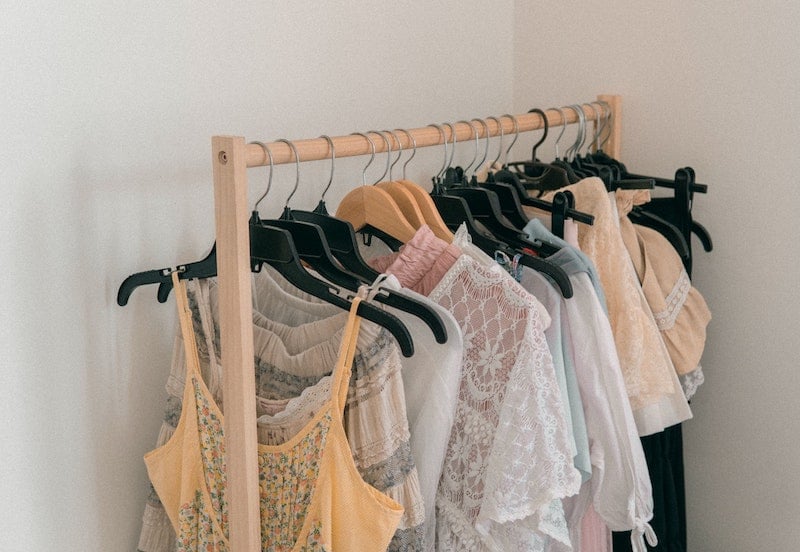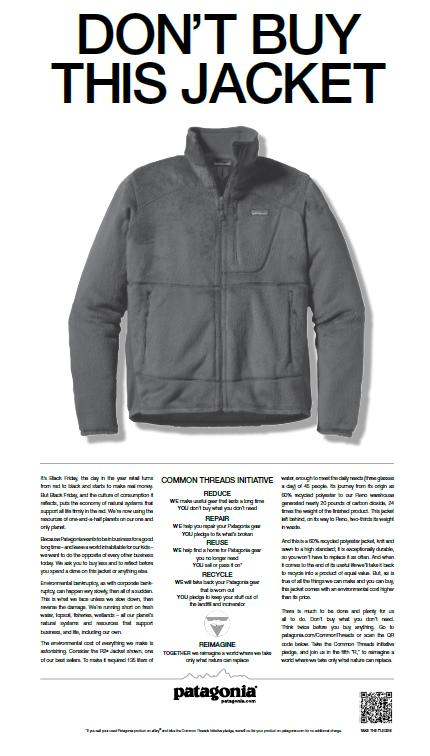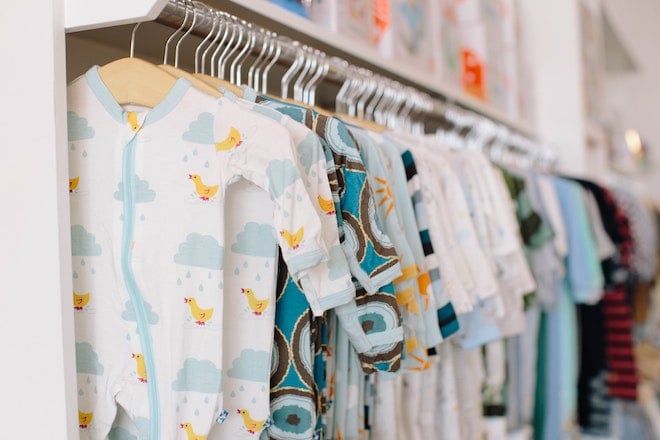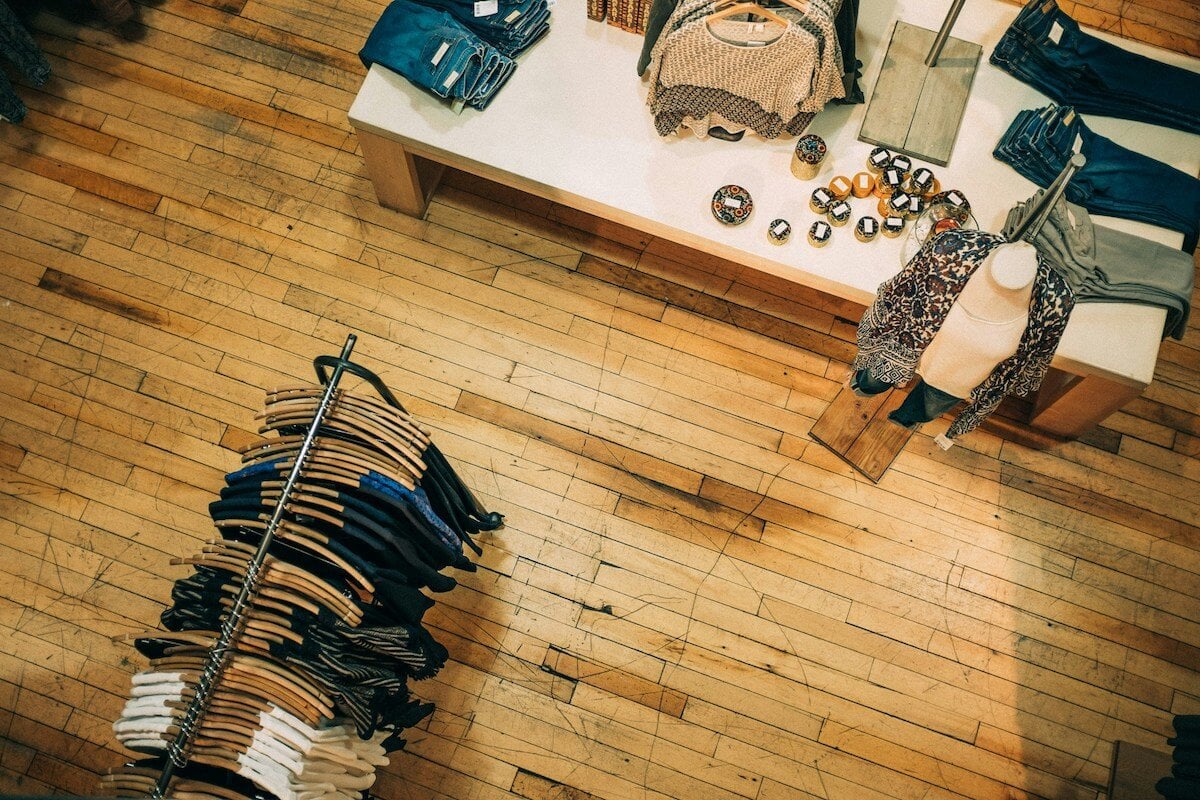
There’s an unmistakable chill in the air. Leaves are turning brown, and crunching underfoot. The nights are drawing in. It can all only mean one thing: Black Friday is just around the corner.
If you’re wondering whether or not to take part this year, or indeed any year, we’ve pulled a few stats and pointers to help you make this decision. By the end, you should feel more confident about whether Black Friday discounting is actually right for your store.
On this page
- Black Friday is losing its novelty
- But it’s still a huge day in the retail calendar
- It’s very ecommerce-centered
- Preparation is key
- More people are using Black Friday for their Christmas shopping
- The most popular purchases are still electronics and tech, followed by adult fashion
- Ask yourself if it’s really ‘you’
- Small Business Saturday could be a better alternative
1. Black Friday is losing its novelty
There’s only so many years you can watch people fighting over new TVs before Black Friday loses its ‘charm’. Some research suggests last year may have been the tipping point, but this is of course hard to separate from the effect of lockdowns and pandemic-related economic uncertainty.
What is on the rise, however, is anti-Black Friday campaigns, and their celebration. From Pategonia’s ‘Don’t buy this jacket’ campaign, to Allbirds’ ‘Break tradition, not the planet’, major brands are stepping forward to highlight and stand against the wasteful and excessive impulse purchasing that Black Friday can encourage. In 2023, 29% of people reported regretting a previous Black Friday purchase, with 24% saying they 'rarely used' the items they bought.

2. But it’s still a huge day in the retail calendar
Black Friday may have lost its novelty, but people still spend a huge amount. There’s no denying it’s a huge day in the retail calendar.
In fact, with deals emerging earlier and earlier each year, some people are now dubbing the event ‘Black November’, with deals pages for the event emerging months in advance, ready to be populated with fresh offers as they're released.
It’s a self-fulfilling prophecy. Each year, every brand and affiliate site wants to be the first to reach Black Friday shoppers, which in turn means the deals start to come out earlier (and last for longer) each year.
And some brands just can't stay away from temptation. Monki, a women's fashion brand, publicly boycotted Black Friday discounting back in 2019 and for the subsequent few years on the grounds that it promoted fast fashion and waste. But it seems that it finally became too tempting to miss out on:

📚 Bookmark for later: How to Prepare Your Ecommerce Store for Black Friday
3. It’s very ecommerce-centered
Perhaps it’s the all too familiar footage of crowds storming department stores, perhaps it’s Covid, perhaps it’s because most adults work on a Friday, or more likely, it’s a combination of all three and more… but the Black Friday period is now very much an online affair.
Online sales were up 7.5% for Black Friday 2023 compared to 2022, with 52% of online sales now happening over mobile.
If you don’t currently have an ecommerce option, you’re unlikely to feel the full benefits of Black Friday. Fewer people will be seeking out bargains on the streets.
4. Preparation is key
If you do decide to participate in Black Friday and don’t advertise this, you aren’t going to see the results you want.
Make sure your website is up to the challenge of taking in an extra influx of visitors, and be sure to announce your promotions on all social media channels once they launch (you may also want to run some Black Friday focused paid ads).
We generally don’t recommend mentioning your sale until it actually launches. This is because you risk encouraging people to hold off on making purchases in the days leading up to Black Friday because they know you’ll be offering a discount around that time.
📚 Bookmark for later: 17 Abandoned Cart Email Examples for Ecommerce Brands
5. The most popular purchases are still electronics and tech, followed by adult fashion
Tech and electronics is still the most popular category to shop over the Black Friday period (although it’s dropping each year), with ‘adult fashion’ coming in second.
This doesn’t mean you shouldn’t discount items which aren’t in these more popular categories, but it gives an indication of where consumers plan to make big savings, and to spend their money.
6. Ask yourself if it’s really ‘you’
We recently conducted a survey of our UK retailers, with 93% saying that sustainability is 'a focus’ for their business in the next year.
Sustainability and wild discounting periods don’t generally go hand in hand. Sustainable swimwear brand Stay Wild Swim only runs one annual sale with very conservative discounting. Because they produce swimwear with such strict sustainable and ethical practices, they cost more to make, and the markup is a lot smaller. This is common for more sustainable businesses — it’s not just that they don’t want to encourage reckless consumption, it’s that they only have a little bit of margin to work with.
The Green Out Black Friday movement encourages ‘planet-positive brands across the world to come together to take a stand against unconscious consumption and support sustainable businesses’. It cites some terrifying stats about the impact of excessive Black Friday consumption, like the 429,000 tonnes of greenhouse gas emissions churned out by UK Black Friday deliveries in the last year alone.
And for some businesses, it’s not right from a brand messaging point of view. Squarespace, for example, only ever offers a maximum discount of 20%, which fits with its sleek and classy brand proposition. Wix, on the other hand, is constantly offering 50% discounts — it’s targeting people who want to feel like they’re getting a bargain.
Small business Black Friday ideas
Don’t feel pressured to offer rock bottom Black Friday discounts just because it feels like 'the done thing'.
There are plenty of ways to put your own spin on Black Friday and offer your customers something extra, without eating into your margin.
Here are just a few ideas:
- Turn Black Friday into Green Friday by offering a reusable tote bag with every purchase
- Collaborate with a local cafe or food business to offer a free or discounted coffee/snacks with every purchase
- Offer a small discount for multiple purchases
- Plant a tree with every sale
Get creative!
Final thoughts
Maybe asking whether or not to take part in Black Friday isn’t the real question here. The real question is how to take part in a way which works for your business; if you choose not to get involved, this is a statement in itself, and something you can use to strengthen your brand image. And remember, Small Business Saturday is on hand as a viable and growing alternative way to boost your small business, without needing to cut your margins to the wire.
Not registered with CREOATE yet? Sign up now and sell wholesale with us today.
📚 Bookmark for later:
FAQs
What sells the most during Black Friday?
Most product categories experience an uptick in sales over the Black Friday period, but electronics remains the bestselling category.
What is Singles' Day, and should I take part in it?
Singles' Day is an unofficial Chinese holiday and shopping day, and it is celebrated on the 11th November every year. Singles' Day is reportedly the largest global shopping day of the year
In a bid to eek out Black Friday even further, some US and UK brands have jumped on the Singles Day sales trend. Whether you want to take part is totally up to you, but there's definitely no expectation that you should. Black Friday remains a much more popular holiday in the UK.
How do I make a success of Black Friday?
If you do decide to take part in Black Friday, whether through discounting or by offering another perk, planning is key. If people don't know about your offer, they won't shop it, so be sure you plan comms for every channel and touchpoint.
📚 Bookmark for later: How to Prepare Your Ecommerce Store for Black Friday








